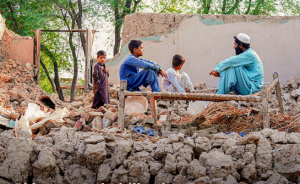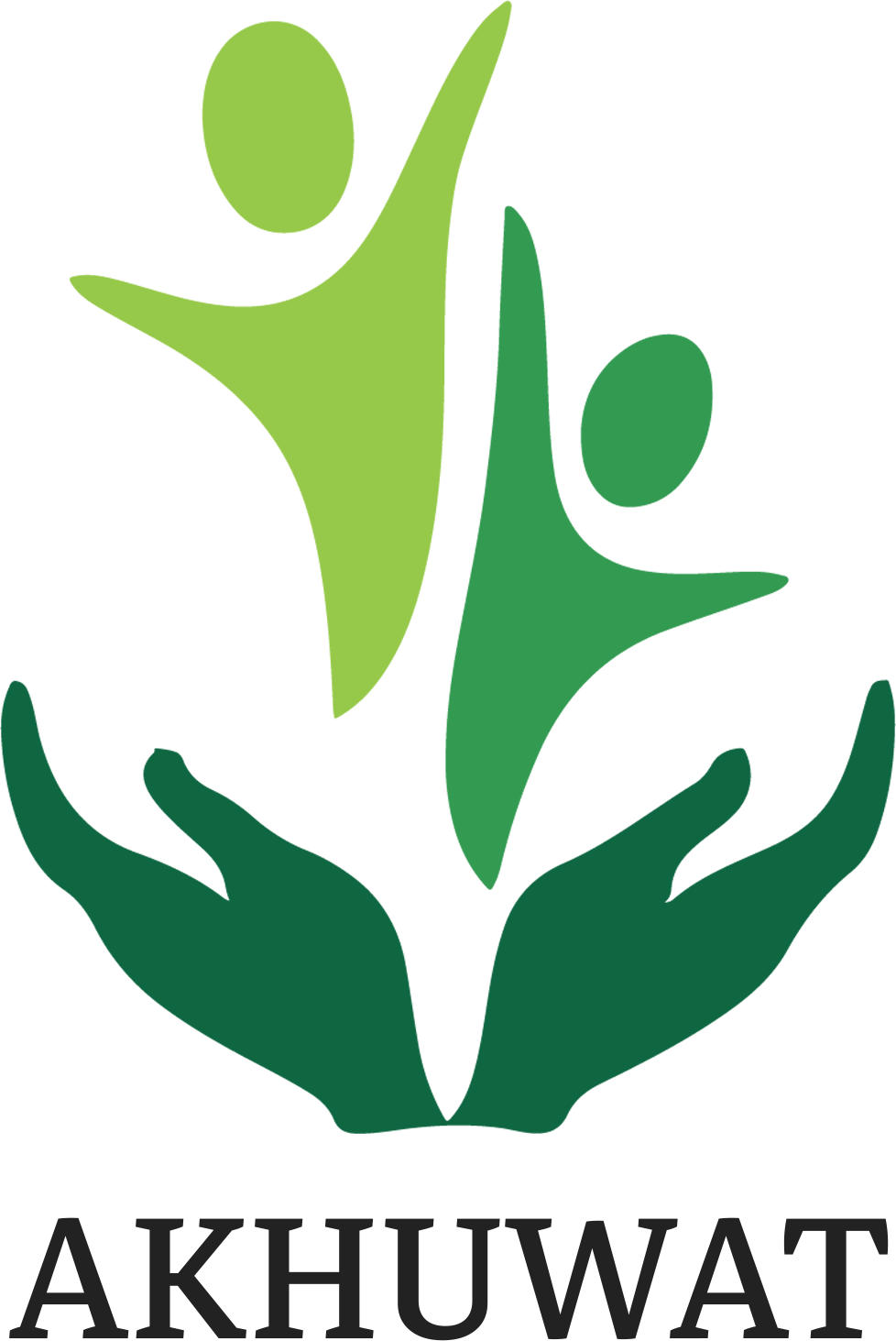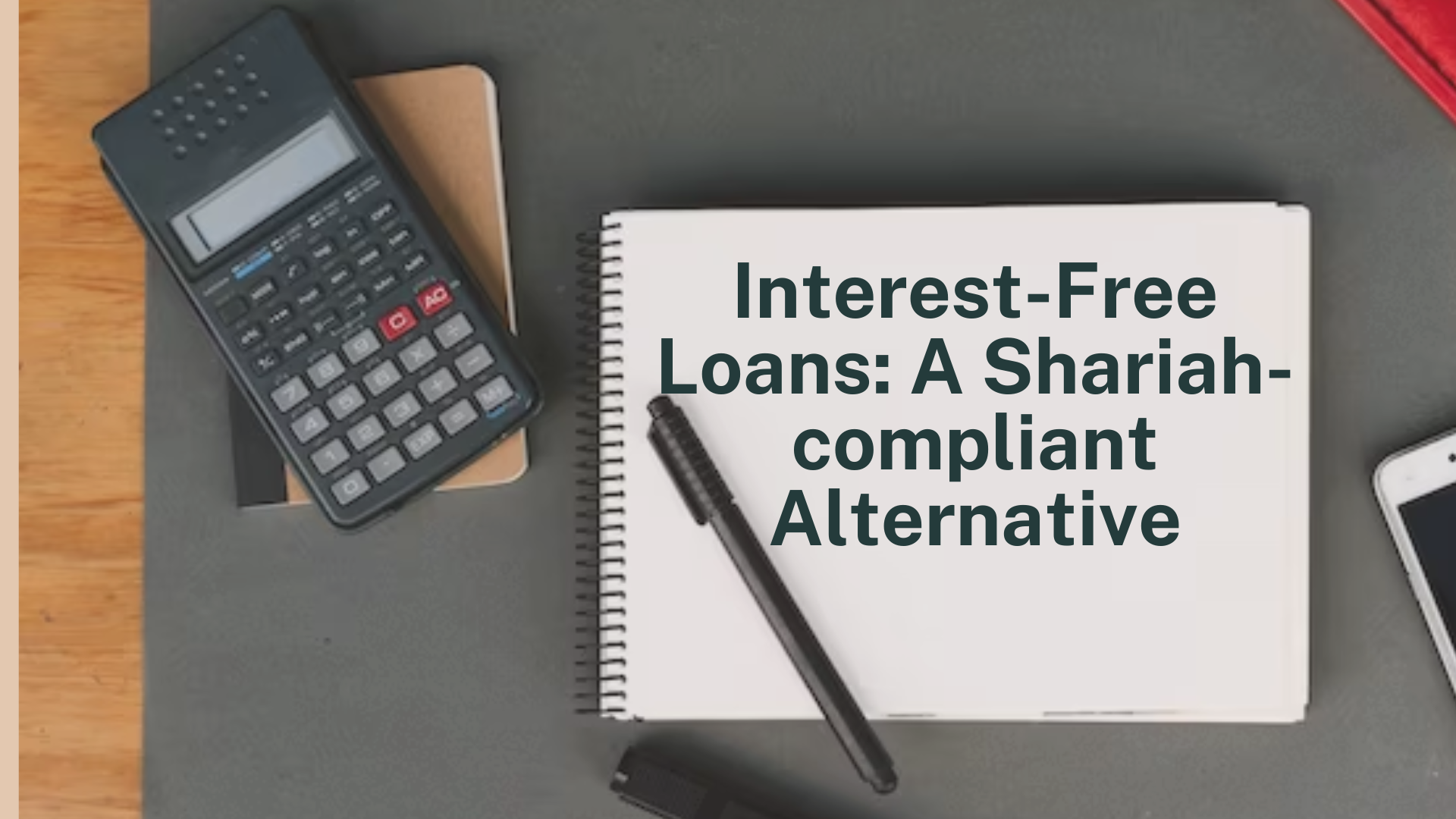Interest-free loans: The Real Game Changers in the Realm of Microfinance
Interest-free loans, also known as Qard-e-hasan loans, are gaining popularity in the realm of microfinance as a Shariah-compliant alternative to traditional loans. The faith-inspired mawakhat paradigm promotes gestures of brotherhood and solidarity between the haves and have-nots through interest-free loans. These loans without interest are a gateway to socially and financially strengthening a community while addressing the systematic challenges that perpetuate poverty. One of the main benefits of interest-free loans is their essence of lifting the burden of interest from the borrower’s shoulders. This means that borrowers only have to pay back the amount they borrowed, without any additional interest charges. This can be particularly beneficial for low-income families and small business owners who struggle to access traditional loans due to high interest rates.
The following article throws light on the proliferating benefits that the world is availing of zero-interest loans. Not to forget that the torch-bearer of this interest-free loan institution is Akhuwat Islamic Microfinance.
Promoting Financial Inclusion
In many countries, access to finance is limited, particularly for women and marginalized communities. Loans provided at zero interest rates can provide a way for these communities to access finance and start or grow their businesses. These loans are a smart way to promote financial inclusion by encouraging savings and helping to build financial literacy and management skills among borrowers.

Interest-free loans promote financial inclusion for all
The Small and Medium Enterprises Development Organization (KOSGEB) in Turkey is an example of the effect of halal financing promoting financial inclusion. It provides interest-free loans and other forms of financial assistance to SMEs in the country. KOSGEB’s programs have helped increase financial inclusion by providing access to credit to SMEs, which have traditionally faced challenges in obtaining financing from banks. As of 2020, KOSGEB had provided over $7 billion in loans to more than 500,000 SMEs in Turkey.
Reinforcing the Social Impact
Zero-interest loans reinforce the social fabric of a society by directing funds to support social causes such as education, healthcare, and housing. A practical example of this social development is the Akhuwat Islamic Microfinance in Pakistan. The organization is built with a vision to alleviate poverty by providing interest-free loans for education, healthcare, and housing as socially responsible lending. The loan products that Akhuwat offers are designed to encompass the needs of society. They include family/business loans, agriculture loans, livestock loans, housing loans, and emergency loans to address every possible need of the have-nots.
Zero-interest Loans: Supporting Entrepreneurship
World Economic Forum stated in 2019 that countries with high levels of entrepreneurship tend to have higher levels of economic growth and development. In Pakistan, poverty is a significant obstacle to entrepreneurship, with many potential entrepreneurs lacking the financial resources and access to credit needed to start and grow their businesses.
Loans offered at zero interest rates carry the potential to support entrepreneurship as they carry off the burden of high-interest rates and collateral requirements of traditional loans. In the United States, the Islamic Relief USA Microfinance Program provides interest-free loans to small business owners. In Pakistan, Akhuwat Islamic Microfinance is an instrumental organization whose mission resonates with the idea of supporting poor families in kickstarting their entrepreneurial journey.
Supporting Economic Development
In many countries, traditional loans are not available for small-scale farmers and rural communities. Interest-free loans can provide a way for these communities to access finance and support their livelihoods. Grameen Bank in Bangladesh pre-empted the financial struggles of farmers and built an interest-free financing infrastructure to stimulate their growth. They were given small agriculture loans and a wave of prosperity was witnessed among the rural communities of the area. This approach was commended and later adopted by many communities and organizations to achieve the goals of economic prosperity.
Supporting Disaster Relief Efforts

Pakistan Floods 2022- Homes washed away by monsoon flood waters
In the aftermath of disasters such as earthquakes, floods, and hurricanes, many people are left without access to basic needs such as food, water, and shelter. Interest-free loans can provide a way for these communities to access finance and support their basic needs. The Islamic Development Bank provides no-interest loans in Indonesia for disaster relief efforts. The events of disastrous floods in Pakistan in the year 2022 witnessed multiple philanthropic bodies stepping ahead to provide relief. In the same vein, the name Akhuwat Islamic Microfinance surfaced in the news as a torch-bearer in rebuilding flood-hit homes. The flood survivors were given interest-free loans to rebuild their washed-away homes.
Supporting Environmental Sustainability
In the United Arab Emirates, the Abu Dhabi Fund for Development provides loans without interest for renewable energy projects. The expansive benefits of no-interest loans establish that these loans are a means to continuously achieve levels of spiritual, financial, and environmental improvement. Environmental sustainability is equally essential as the sustainable empowerment of humans. The loans are being used to fund environmentally-friendly projects such as renewable energy, waste management, and water conservation.
Supporting Refugee Communities
Refugees in many countries are unable to access traditional loans due to their status. Interest-free loans can provide a way for these communities to access finance and support their basic needs. The Jordanian Hashemite Fund for Human Development is an example. It provides interest-free loans for refugee communities. They use these loans to avail themselves of a chance to start anew.
Interest-free loans provide a way for communities to access finance and support their basic needs without the burden of high-interest rates. Examples from around the world show how zero-interest loans are addressing the varying micro-financing needs of the world’s societies and individuals. As rates of interest in traditional finance continue to grow, interest-free loans are gaining more power as a viable alternative to conventional loans.


